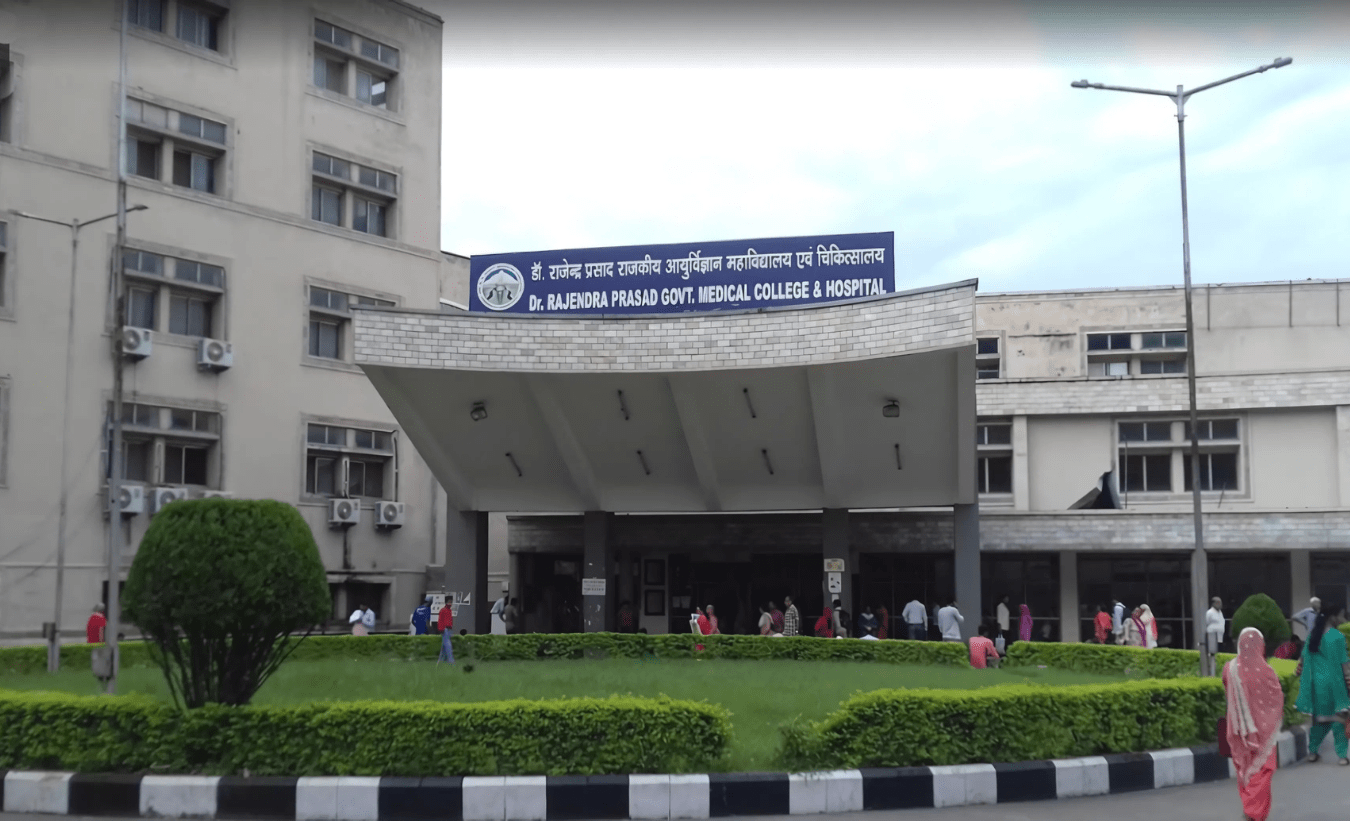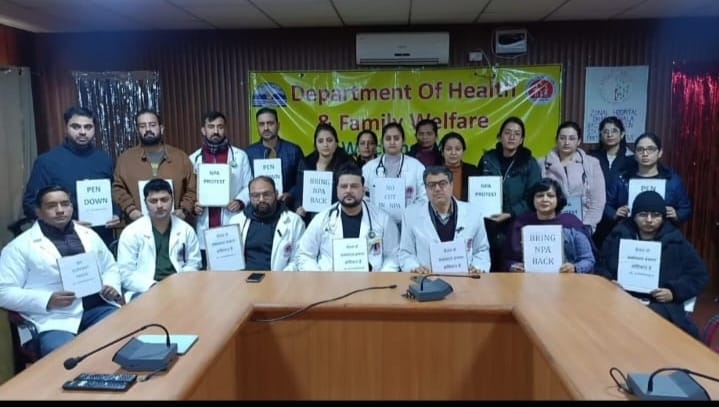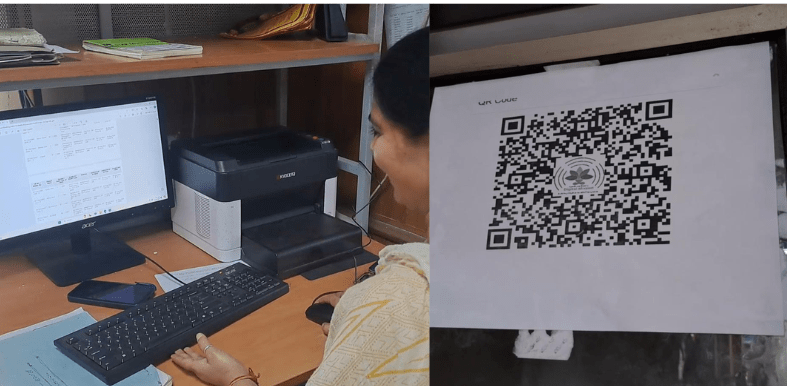Munish Sood
KANGRA:
In a landmark achievement for paediatric healthcare and ENT surgery, Dr Rajendra Prasad Government Medical College and Hospital at Tanda in Kangra district of Himachal Pradesh successfully performed a cochlear implant surgery on a 14-month-old infant, the youngest patient in north India to receive such a treatment.
The pioneering effort not only restored the child’s ability to hear but also set a new benchmark in infant auditory rehabilitation across the region.
The surgery was carried out during the nationally recognised “Cochlear BrahMos” workshop held from July 9 to 11. The intensive training event brought together ENT surgeons and cochlear implant specialists from across the country for live surgical demonstrations, academic discussions and case-based learning.
Under the leadership of Dr Munish Saroch, Head of the ENT Department, the medical team at Tanda performed three surgeries during the workshop — two bilateral implants and one unilateral implant. The most remarkable among them was the successful cochlear implant in the 14-month-old child, who can now hear for the first time in his life.
Why this surgery matters
Cochlear implants are sophisticated electronic devices that bypass damaged parts of the ear and directly stimulate the auditory nerve, enabling hearing in individuals with profound sensorineural hearing loss. Performing this surgery at such a young age is not only rare but also clinically significant.
A US-based study published in JAMA Otolaryngology found that children implanted before 18 months display significantly better speech and language outcomes than those implanted later. Another study in SAGE Open Medicine concluded that auditory brain development is most responsive before age two, and cochlear implants during this window lead to near-normal language development.
Global health authorities, including the US FDA and the WHO, now recommend implants as early as nine months in eligible infants, recognising the profound developmental benefits.
Milestone for Himachal and beyond
This achievement highlights the growing capabilities of government-run medical institutions in India. The ENT Department at Tanda Medical College has long been known for its advanced clinical care and surgical innovation, but this surgery positions it firmly on the national map for pediatric ENT excellence.
“The successful cochlear implant in a 14-month-old child is a major leap forward for early hearing rehabilitation. It opens up a new world for children born with profound hearing loss and paves the way for improved cognitive, speech and social development,” said Dr Munish Saroch.
The “Cochlear BrahMos” workshop also served as a platform for training the next generation of ENT professionals. Postgraduate students and young specialists gained first-hand exposure to cutting-edge surgical techniques, live procedures and multidisciplinary learning — a model that blends patient care with academic growth.
Hearing loss affects over 63 million in India
Over 63 million people are affected by hearing loss in India, including lakhs of children born with congenital or early-onset deafness. Access to cochlear implants — once considered a luxury — is gradually becoming more mainstream in India due to public healthcare advancements, government support, and awareness campaigns.
In 2024, a five-month-old baby underwent India’s youngest cochlear implant at Sarvodaya Hospital, Faridabad. Tanda’s 14-month-old case now stands as a benchmark in public sector excellence, offering hope to thousands of children and their families who previously saw no viable solution.





